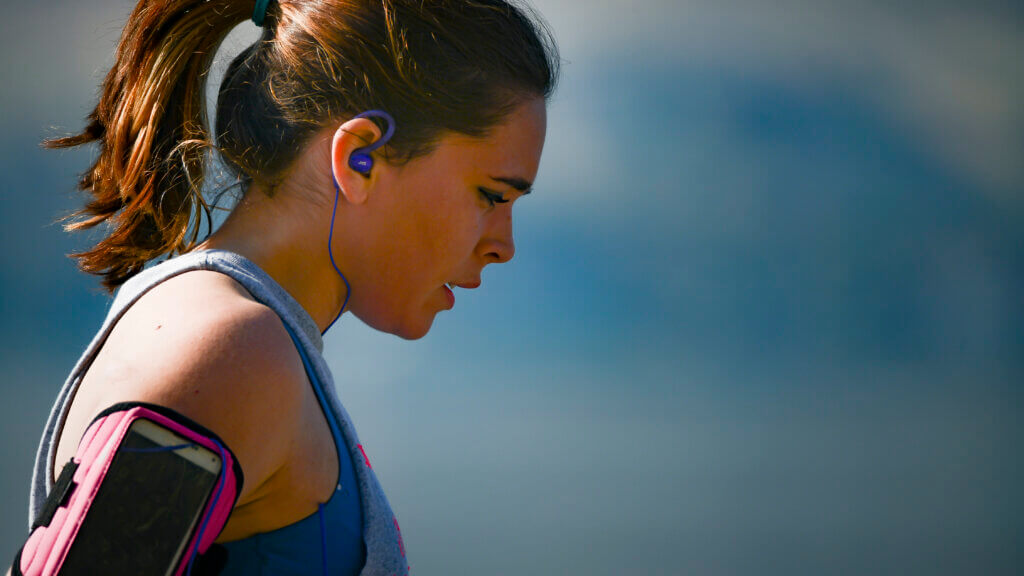Addiction recovery is a complicated process that doctors have spent decades researching and analyzing. Mental and physical healing are two components that have to work hand-in-hand, but not every individual responds positively to different types of treatment. Thankfully, meta-analysis has found strong evidence that physical exercise is an effective method for adjunctive treatment of alcoholics, nicotine, and illegal drug dependents, and can also reduce withdrawal symptoms.
In fact, exercise intervention programs for people with substance use disorder were found to encompass a range of activities — from aerobic exercise, resistance training, yoga, and Tai chi — and show varying positive results for addiction recovery. This tells us that there are different types of physical activity that can aid addiction recovery in different ways.
It is important that we understand these differences in order to maximize the benefits of each exercise. Let’s discuss a few of the exercises found to be best for addiction recovery.
Dance
Dancing can be a high-impact aerobic exercise that physically strengthens the heart. This high-intensity workout is also capable of altering the mesolimbic dopamine pathway in the brain — meaning that dancing helps the brain release dopamine, serotonin, and other endorphins that play an important role in reward, motivation, and learning. This allows people recovering from addiction to get more satisfaction from dancing, instead of craving addictive substances.
Even slow-paced dancing can help with addiction recovery. Austin Gillespie, co-founder and president of Recovery Vibe, says that dancing allows people to express themselves. He explains that, from personal experience, trauma and addiction made it easy for people to feel disconnected from themselves. However, dance allows people to simply be more present. Recovery Vibe is located in Salt Lake City, but you can find other judgment-free zones in your area where you can dance with a community that understands what you’re going through.
Yoga
Yoga, on the other hand, is a low-impact exercise that physically builds cardiac health through long poses and continuous movements. Many people who are recovering from addiction benefit from the strength and flexibility training of yoga, especially after substance abuse has impaired their coordination and muscle strength.
More importantly, yoga is proven to be extremely helpful for people who are struggling with cravings and guilt. As part meditation, yoga and its spiritual benefits help people enjoy stillness and surrender to the present. Here, people are trained to acknowledge their addiction and behaviors. This helps people recognize their triggers as temporary and reactive states of mind. Beginners to yoga can start by exploring basic breathing exercises, or a pranayama practice, to promote intuitive mind-body connections. This will help keep the mind focused on the present moment, which will be helpful in changing addictive behaviors.
Hiking
Hiking is a combination of strength and aerobic exercise. There are different treks at varying difficulty levels that allow anyone to hike at their own pace. Hiking additionally includes the additional benefit of the outdoors. This allows people to get in touch with nature, which has been shown by research to improve mental health.
In fact, hiking has been shown to be included in many nature-based therapy, wilderness therapy, and adventure therapy interventions. Research has identified many clear expressions of nature’s role in outdoor therapeutic practices, including clean air and our embodied experience as part of nature ourselves, that help in the addiction recovery process.
Before you start on your own exercise and recovery journey, take note that consulting a healthcare professional is the safest way to determine your physical capacity and the most effective exercise for your body and lifestyle. Don’t forget to be gentle with your process and addiction recovery will become easier and more achievable.
If you or someone you know is struggling with addiction, reach out to Beat Addiction Recovery today.
Article written by Roxanne James

